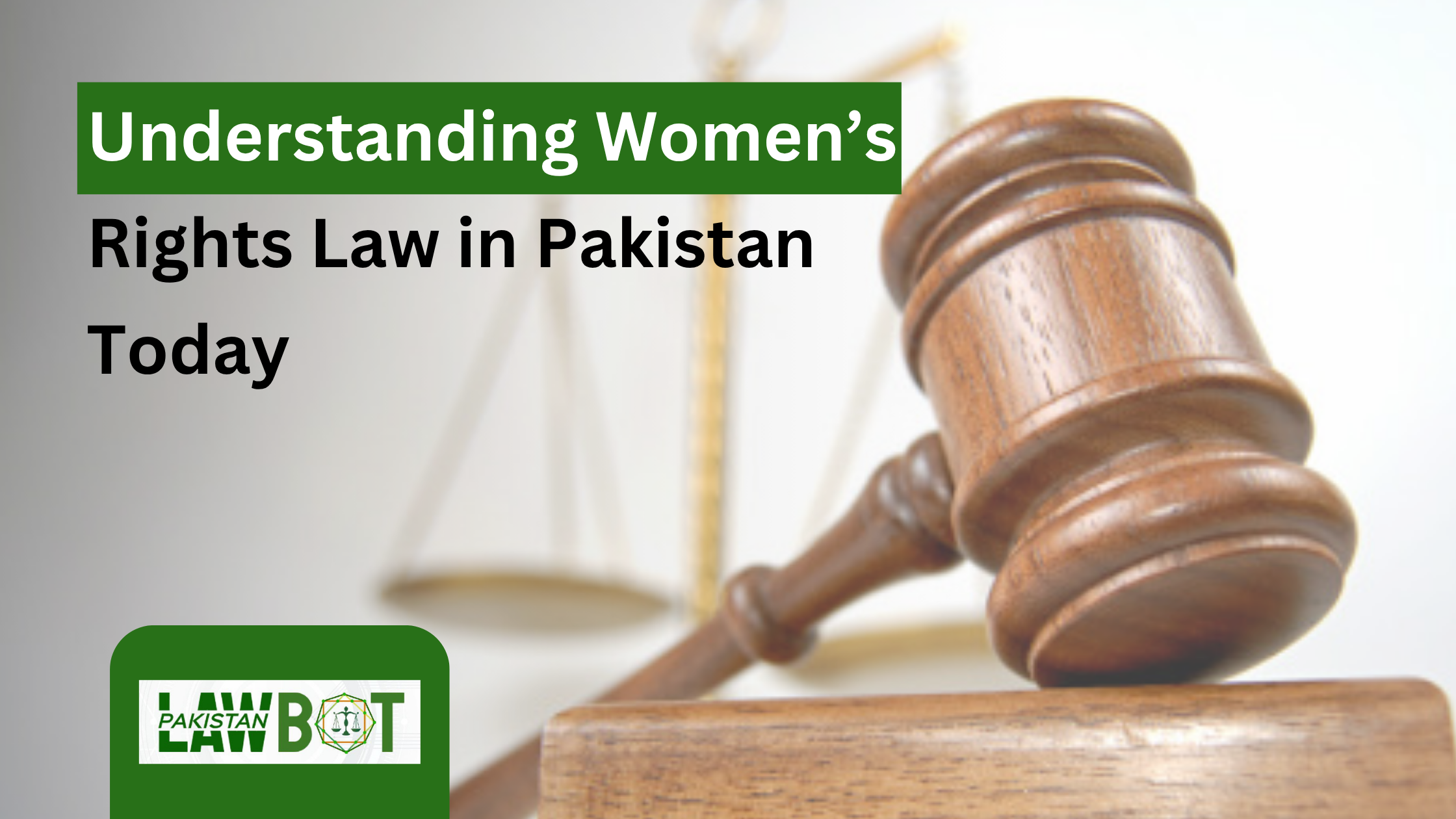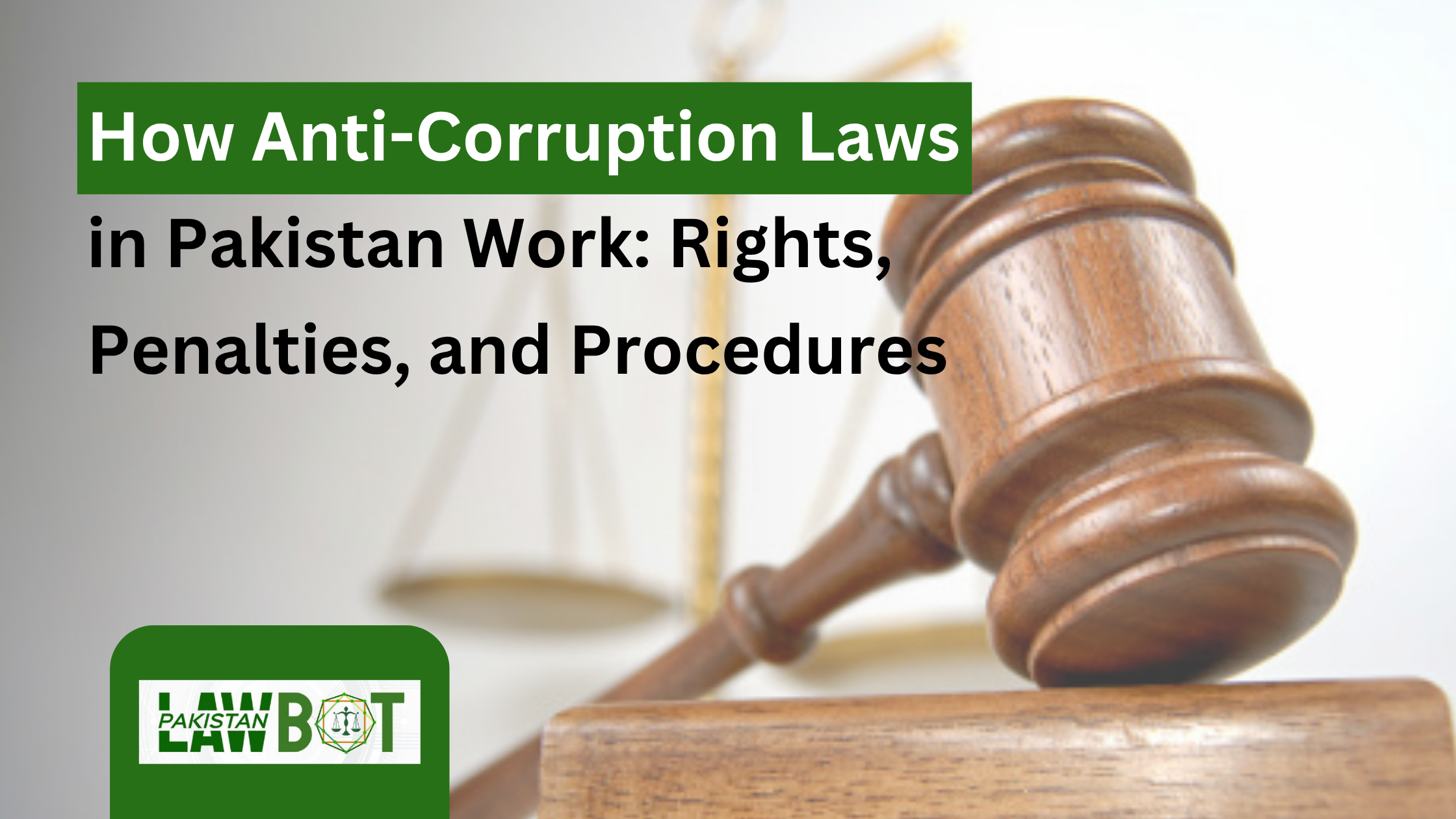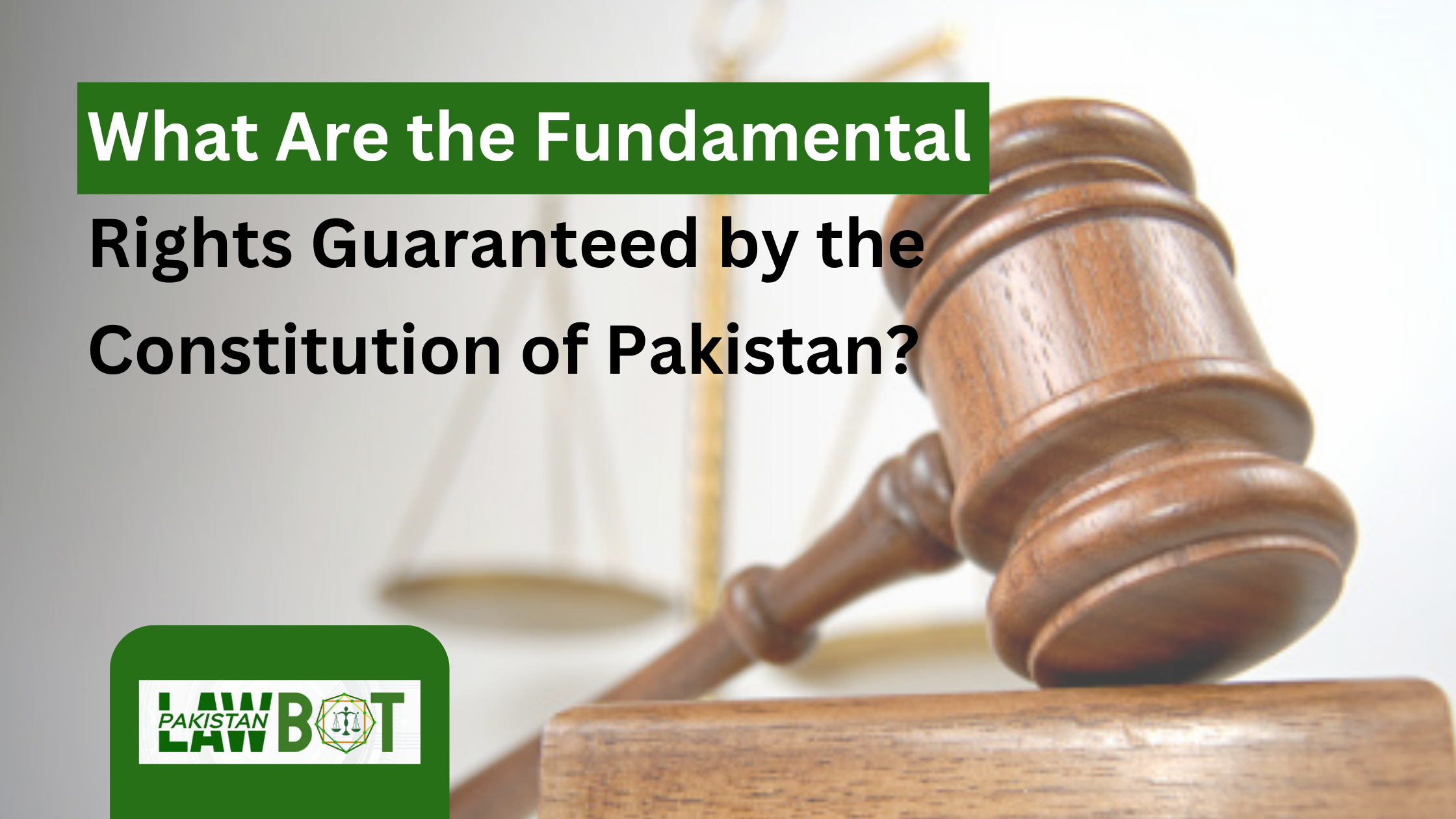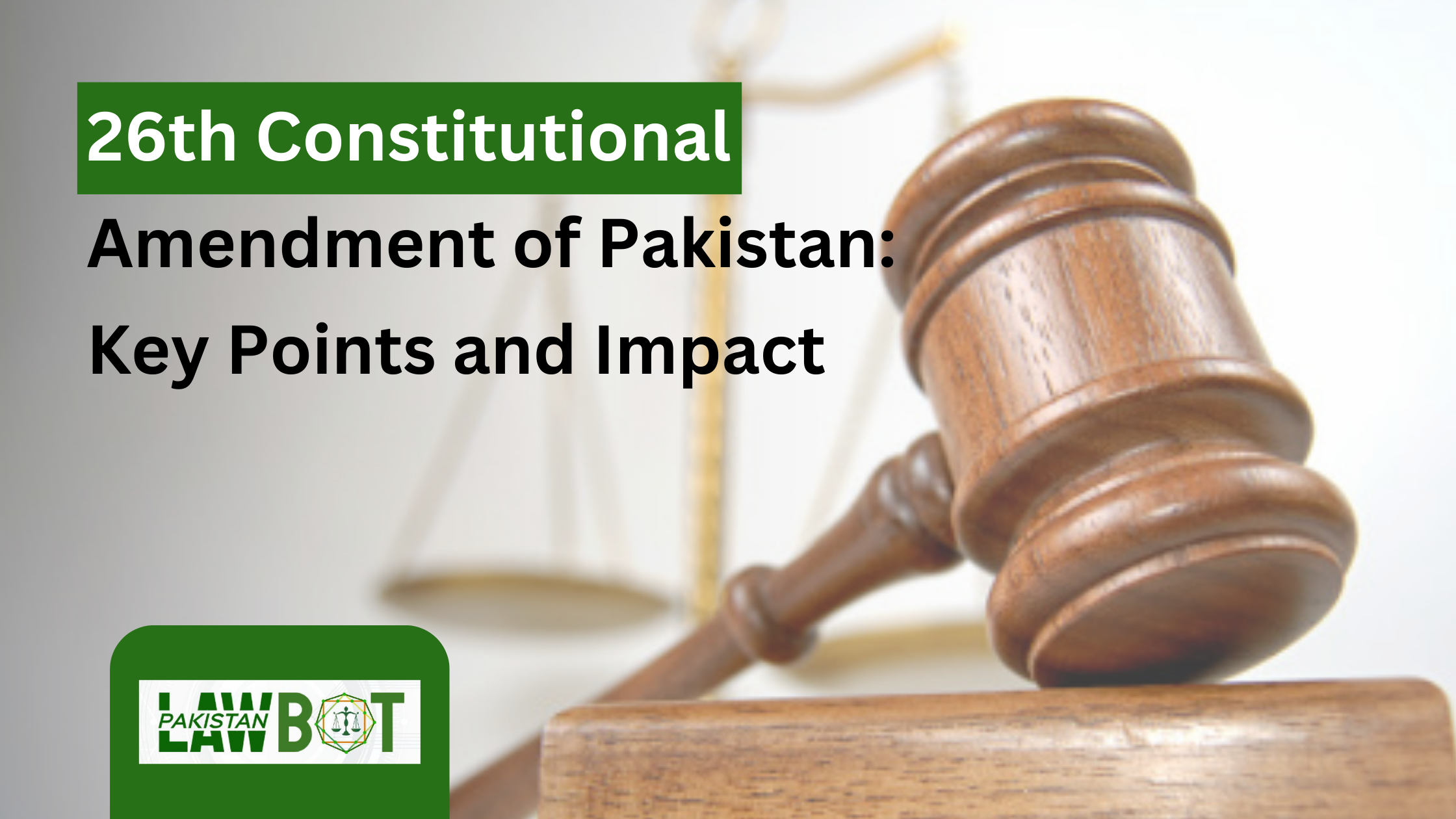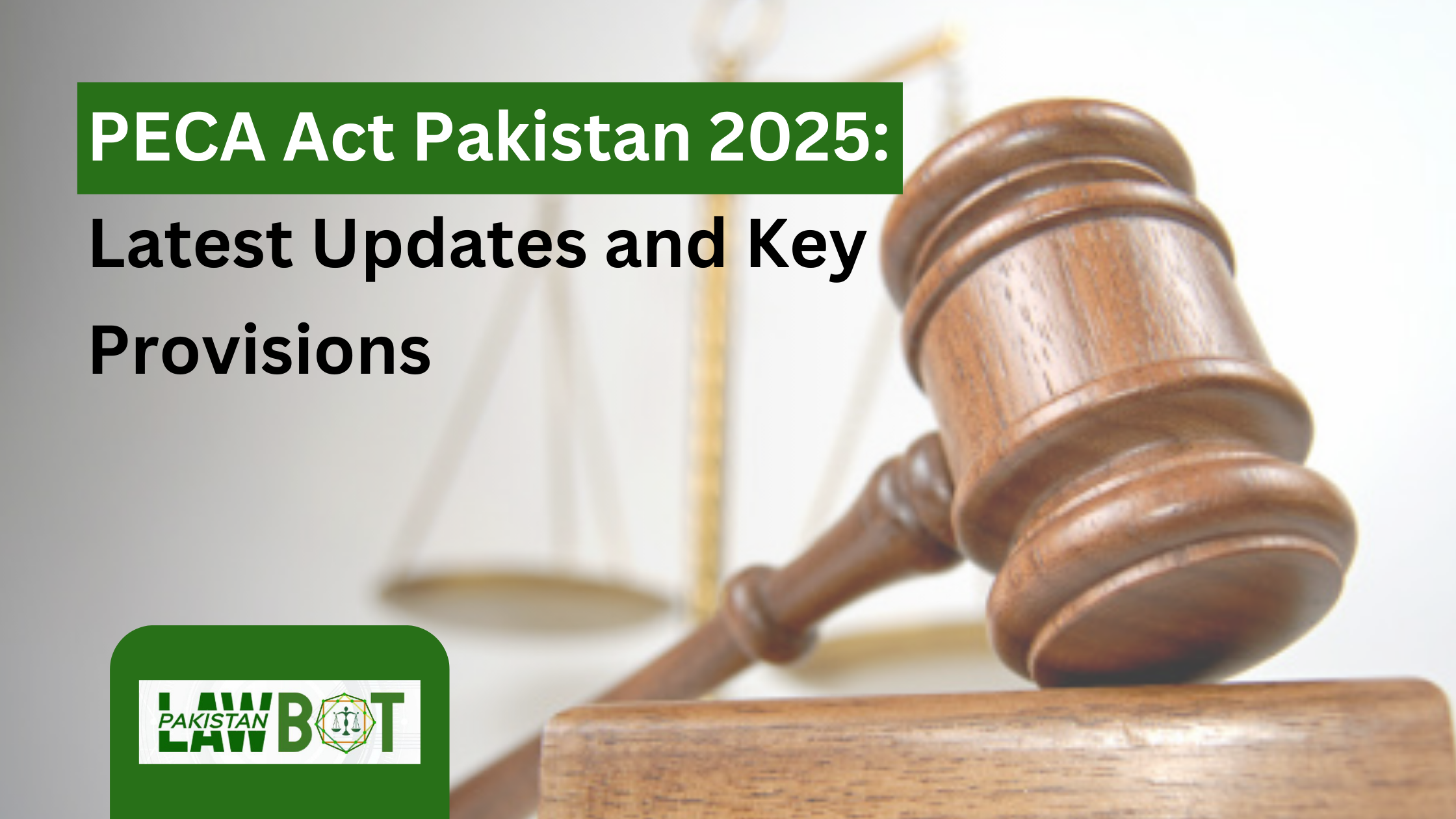Women’s rights have become one of the most debated topics in Pakistan. Over the years, legal reforms, constitutional protections, and judicial interpretations have shaped the framework for women’s empowerment. Yet, challenges remain in ensuring equality in practice.
This article explores the current state of women’s rights law in Pakistan, focusing on constitutional guarantees, legal reforms, and social realities that impact women’s lives today.
Constitutional Protection of Women’s Rights
The Constitution of Pakistan provides the foundation for women’s rights. Article 25 guarantees equality before the law and prohibits discrimination based on gender. Article 34 goes further, urging the state to take steps for the full participation of women in all spheres of national life.
These constitutional provisions form the basis for laws addressing gender discrimination, workplace harassment, family matters, and protection against violence.
Family Law and Women’s Rights
Marriage and Consent
Under the Muslim Family Laws Ordinance (MFLO) 1961, women have the right to freely consent to marriage. The law makes it clear that forced marriages are illegal. The Child Marriage Restraint Act also sets minimum marriage age requirements, though enforcement challenges remain in many rural areas.
Divorce and Khula
Women in Pakistan have the legal right to seek divorce. Through Khula, a woman can approach the family court to dissolve a marriage if reconciliation is not possible. This right empowers women to leave abusive or incompatible relationships, though the process can sometimes be lengthy.
Maintenance and Custody
The law ensures that women are entitled to maintenance during marriage and in certain cases after divorce. Custody of children is decided in the best interest of the child, with mothers often given priority in early childhood years.
Laws Protecting Women from Violence
Domestic Violence
Several provinces, including Punjab and Sindh, have enacted Domestic Violence Acts to protect women against abuse at home. These laws allow women to seek protection orders, residence rights, and legal remedies against abusive partners.
Harassment at the Workplace
The Protection Against Harassment of Women at Workplace Act 2010 is a landmark law. It requires every workplace to establish inquiry committees and adopt a code of conduct to protect women employees. Complaints can also be filed with the Ombudsperson for quick resolution.
Rape and Sexual Offenses
Recent reforms under the Criminal Law (Amendment) Act 2021 introduced stricter penalties for rape and child abuse. The establishment of special courts and protection measures for survivors reflects progress, though cultural barriers still discourage many women from reporting such crimes.
Inheritance Rights of Women
Legal Share in Property
Islamic law gives women a defined share in inheritance. The Enforcement of Women’s Property Rights Act 2020 further strengthened this by allowing women to approach the Ombudsperson directly if they are denied their share.
Practical Challenges
Despite legal protections, many women face difficulties in claiming inheritance due to family pressure, lack of awareness, or fear of social backlash. Public awareness campaigns are gradually improving the situation.
Women in Employment and Education
Right to Work
Pakistani law does not restrict women from joining any profession. In fact, laws now encourage women’s participation in the workforce by ensuring maternity leave, equal pay principles, and protection against workplace harassment.
Access to Education
Article 25-A of the Constitution makes education a fundamental right for all children. Government and private initiatives continue to promote girls’ education, though access is still limited in some rural areas due to poverty and cultural barriers.
Recent Legal Reforms for Women
Acid Control and Criminal Law Amendments
Laws such as the Acid Control and Acid Crime Prevention Act 2011 impose strict penalties on perpetrators of acid attacks. Similarly, amendments in the Penal Code have criminalized practices like honor killings and anti-women practices.
Anti-Honor Killing and Rape Laws
The Anti-Honor Killing Laws (Criminal Amendment) Act 2016 closed loopholes that previously allowed families to pardon offenders. Today, courts treat honor killings as murder, regardless of family forgiveness.
Role of Judiciary and Civil Society
Courts in Pakistan have played an important role in interpreting women’s rights laws. Several judgments have upheld women’s rights in marriage, custody, and property. At the same time, civil society organizations have been active in spreading awareness, offering legal aid, and lobbying for stronger reforms.
Challenges in Implementation
Cultural Barriers
Despite legal progress, cultural norms often hinder women from exercising their rights. Social stigma, lack of family support, and fear of backlash remain significant barriers.
Lack of Awareness
Many women, especially in rural areas, are not aware of their legal rights. Without access to information, they struggle to seek justice.
Weak Enforcement
Even when laws exist, weak enforcement mechanisms and delays in the justice system limit their effectiveness. Strengthening institutions is crucial for change.
The Way Forward
For women’s rights laws in Pakistan to truly work, three steps are essential:
-
Education and Awareness – Informing women about their rights is the first step to empowerment.
-
Stronger Enforcement – Courts, police, and administrative bodies must act swiftly and fairly.
-
Cultural Change – Society must support women’s rights beyond legal reforms.
Conclusion
Women’s rights law in Pakistan has come a long way. From constitutional guarantees to modern reforms against harassment, violence, and discrimination, progress is undeniable. Yet, challenges in implementation, awareness, and cultural acceptance remain.
With stronger institutions, community support, and continued legal reforms, Pakistan can create an environment where women enjoy not just legal equality but practical empowerment in everyday life.

